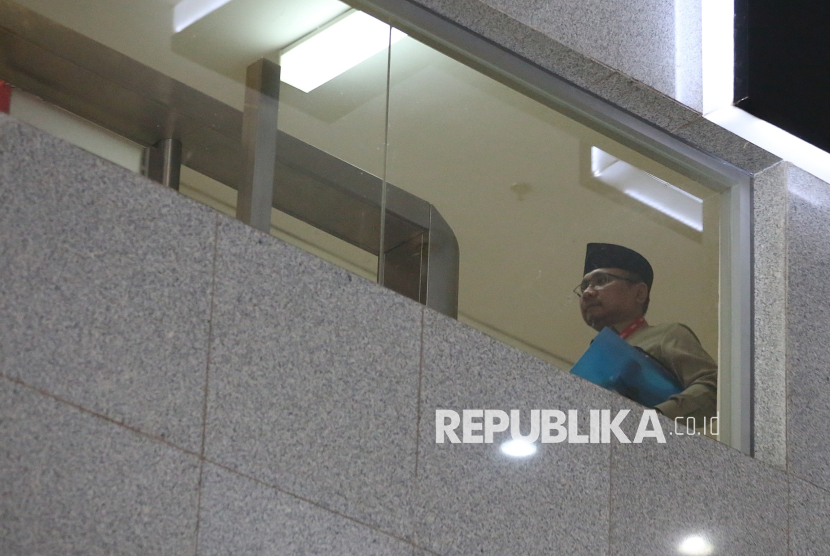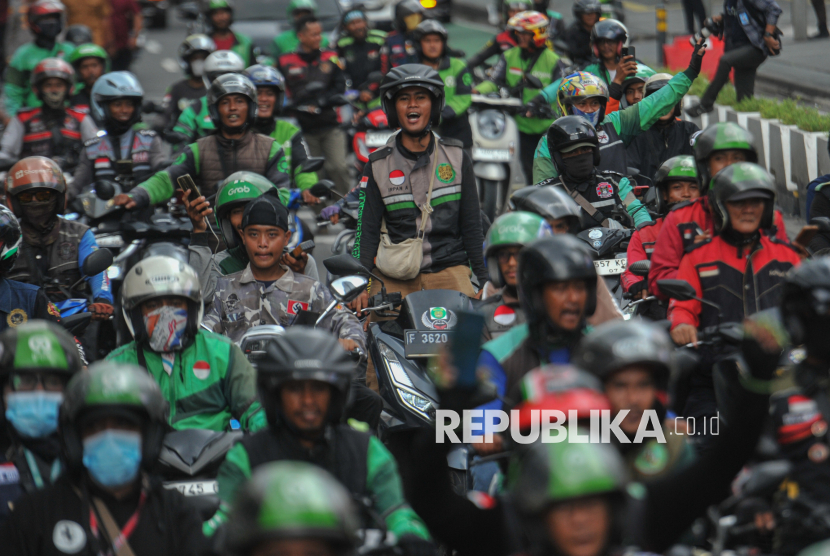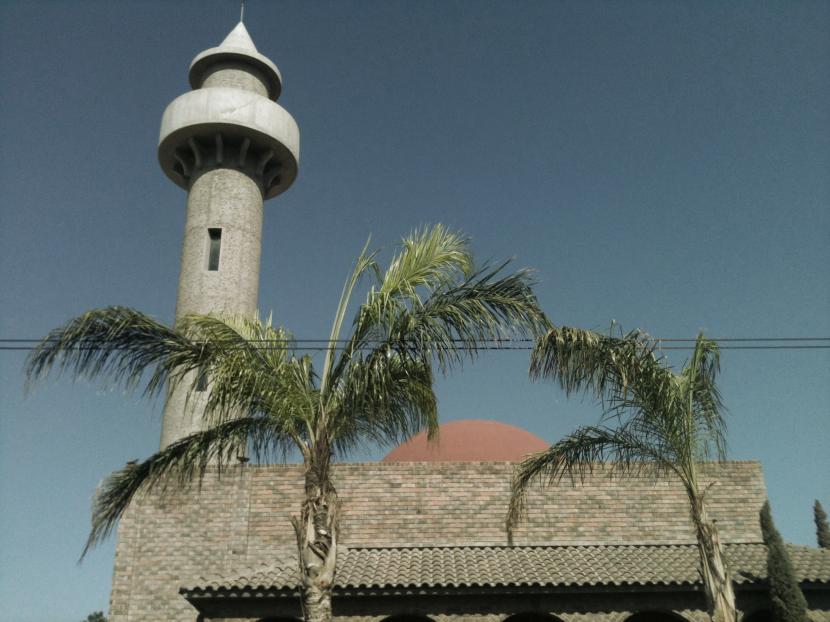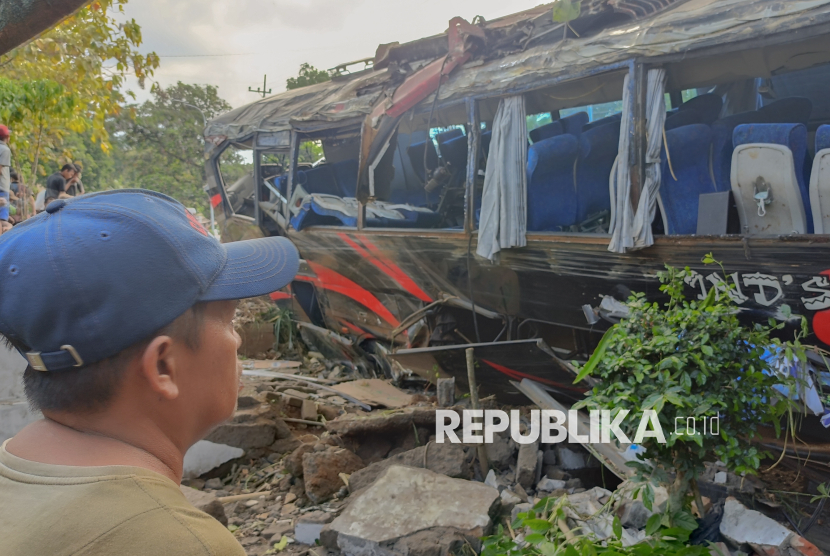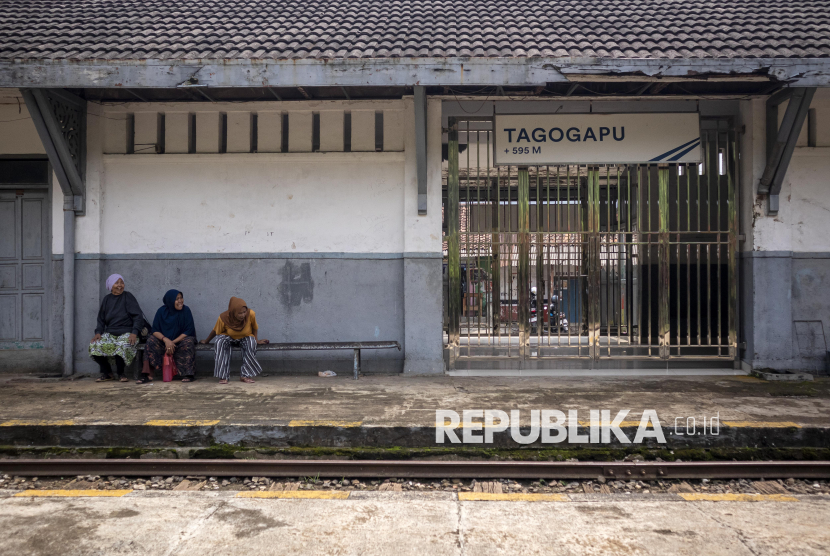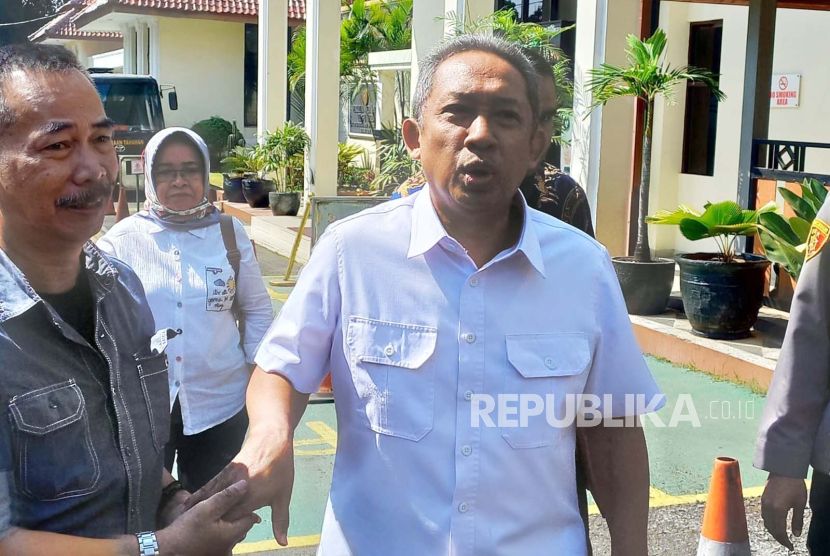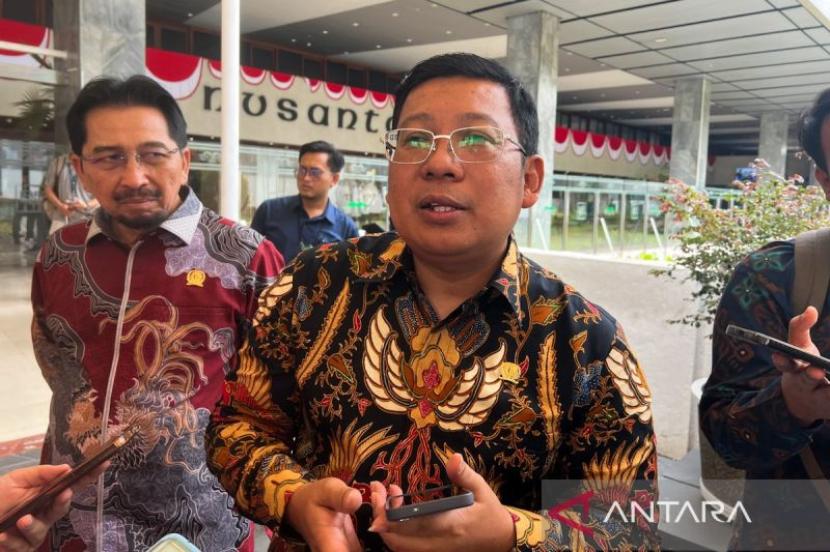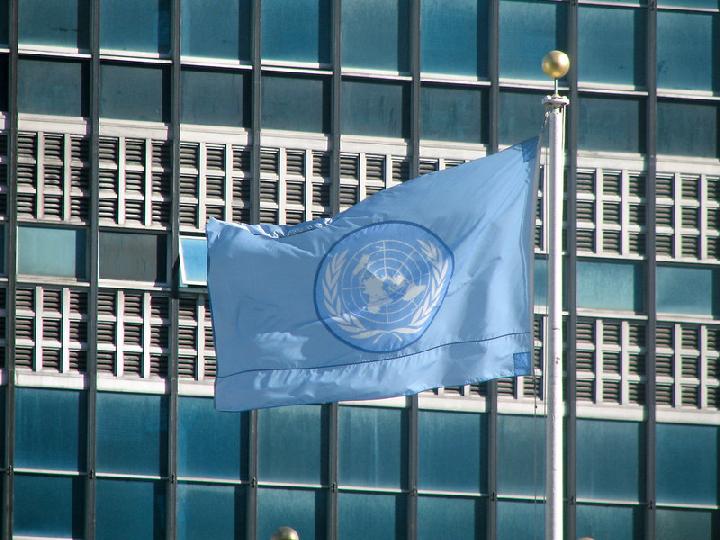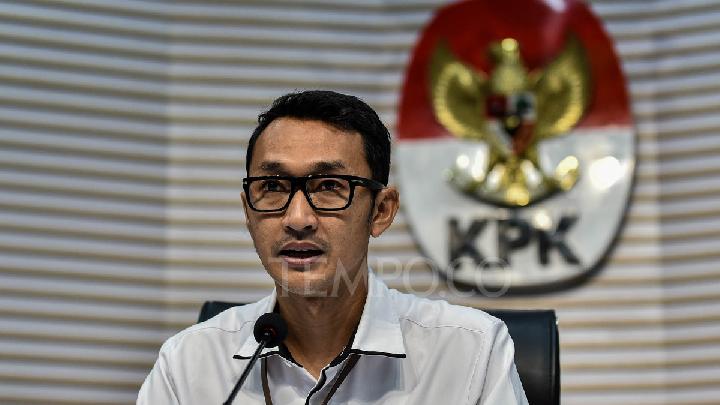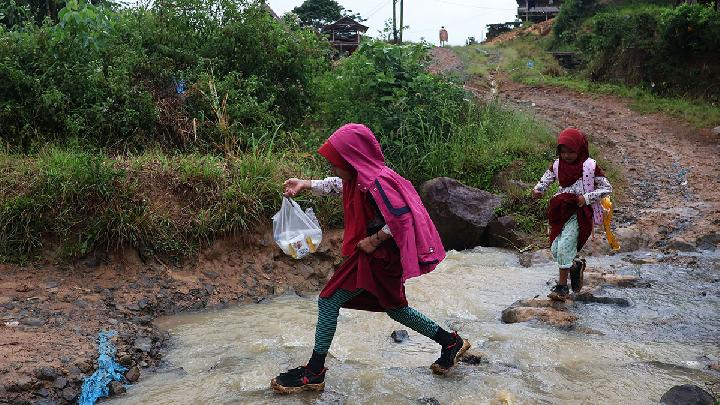TEMPO.CO, Jakarta - Widespread demonstrations across Indonesia since Thursday, August 25, 2025, have been marred by violent crackdowns and the deaths of at least 10 people. Alongside the unrest, public discussions around the possibility of a military emergency have begun to gain traction.
How the Protests Escalated
The protests initially erupted in opposition to the pay and allowance hikes for members of the House of Representatives (DPR), which many viewed as insensitive amid worsening economic conditions.
Tensions boiled over after a motorcycle taxi driver, Affan Kurniawan, was fatally run over by a tactical vehicle of the Mobile Brigade (Brimob) under the Jakarta Regional Police.
Within days, peaceful protests spiraled into riots. Bus stops, toll gates, and police stations in Jakarta were vandalized, while homes of politicians and officials were looted. Clashes in some regions claimed more lives.
The Rise of the Military Emergency Narrative
As the unrest intensified, “military emergency” began trending on X on Sunday, August 31, 2025. Many online voices urged demonstrators to end the protests, warning that continued violence could push the government toward declaring such a measure.
The speculation grew following the looting of officials’ homes, the burning of government offices, and the destruction of public facilities.
Deputy TNI Commander General Tandyo Budi Revita, however, dismissed the notion.
“What is the capability of the TNI to create conditions? I don’t think it’s enough. We are constantly behind, with the police in front,” Tandyo said at the parliament complex in Senayan, Jakarta, on Monday, September 1.
He stressed that the military only acts upon formal requests and denied any suggestion that the TNI deliberately allowed riots to spread.
What Is a Military Emergency?
According to the Great Indonesian Dictionary (KBBI), a military emergency is a state of emergency where the military takes full control of governance in a territory. In such conditions, the military becomes the highest authority, empowered to limit fundamental rights, impose curfews, monitor media, and restrict the movement of goods.
The legal basis comes from Government Regulation in Lieu of Law (Perppu) No. 23 of 1959. It authorizes the president, as commander-in-chief, to declare a civil emergency, military emergency, or state of war in response to riots, rebellion, disasters, or threats to state survival.
Analysts warn that the declaration of a military emergency could trigger far-reaching consequences. It may consolidate power in the hands of the head of state, strengthening authority but risking international condemnation.
Such a move could also spark new waves of protests that further erode government legitimacy, while giving political opposition greater momentum, potentially even fueling impeachment efforts.
In addition, national stability could weaken, leaving the country more vulnerable to external pressure. The economic impact would likely be severe, with disrupted trade, declining investor confidence, rising unemployment, and increased crime.
Indonesia’s History with Military Emergencies
Indonesia has invoked military emergencies in the past:
- East Timor, 1999: President BJ Habibie declared a military emergency in East Timor on September 7, 1999, through Presidential Decree Number 107. The status was short-lived, however, and was revoked just over two weeks later on September 23, 1999.
- Aceh, 2003: On May 19, 2003, President Megawati Soekarnoputri issued Presidential Decree Number 28 of 2003, declaring a military emergency in Nanggroe Aceh Darussalam. The measure was taken to confront the Free Aceh Movement (GAM), which had long pushed for independence from Indonesia.
Countries That Have Declared Military Emergencies
Other nations have also declared military emergencies in recent years:
1. Thailand – Border Conflict with Cambodia, 2025
According to a report by NDTV, Thailand announced a military emergency on Friday evening, July 25, 2025, in eight provinces bordering Cambodia. The decision came after clashes between Thai and Cambodian forces in disputed territories.
The Border Defense Command in Chanthaburi and Trat provinces stated that the emergency was enacted immediately after Cambodian forces crossed into Thai territory. What began as an exchange of gunfire escalated into artillery attacks.
2. Myanmar – Military Coup, 2021–2025
Myanmar only recently lifted its military emergency on Thursday, July 31, 2025, after it had been in place for four and a half years. The status was first declared on February 1, 2021, when the military staged a coup, overthrowing the elected civilian government and detaining Aung San Suu Kyi and President Win Myint.
Vice President Myint Swe declared a state of emergency and transferred power to Commander-in-Chief Min Aung Hlaing. The junta dissolved the civilian government, sparking massive nationwide protests that were violently suppressed.
3. Ukraine – Russian Invasion, 2022–Present
Ukraine has remained under a state of military emergency since February 24, 2022, the day Russia launched its full-scale invasion.
President Volodymyr Zelensky declared the measure to enable full military mobilization, postpone elections, and impose restrictions to strengthen national defense. The status has been extended multiple times and remains in effect to this day.
4. South Korea – Political Turmoil, 2024
In December 2024, South Korean President Yoon Suk Yeol declared a military emergency, claiming it was necessary to protect the constitution from pro-North Korea forces.
In an unannounced late-night speech broadcast nationwide, Yoon said the measure would safeguard the nation and aid development. The military appointed General Park An Su, Chief of the Army Staff, to lead the emergency command.
However, the decision was met with mass protests and fierce opposition in parliament. Within hours, the policy was revoked.
Just weeks later, on December 14, 2024, Yoon was officially impeached. South Korea then held a general election, which resulted in the victory of Lee Jae Myung. He was inaugurated as president during a swearing-in ceremony at the National Assembly in Seoul on June 4, 2025.
Editor’s Choice: Police and Military Raid Bandung Universities After Protests
Click here to get the latest news updates from Tempo on Google News


